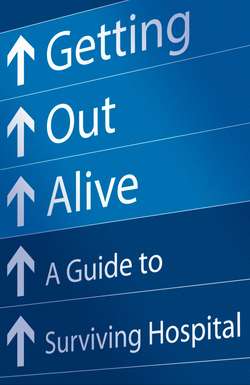Читать книгу Getting Out Alive: A Guide to Surviving Hospital - Michael Alexander - Страница 11
Know your symptoms
Оглавление‘I’ve got a sore stomach, Doc.’
This, unsurprisingly, is what most people say when they have a stomachache. This is helpful information to the extent that it stops us from wasting time examining your legs, but there’s so much more you could offer to help. Whether your problem is acute (a new problem) or chronic (present for a long time) it’s useful to make note of the ways in which your problem presents. With long-term problems, a diary of symptoms is a must.
The most useful information is as follows:
– How severe is the pain?
– Where exactly is it? i.e. left, right, center, upper, lower?
– Does it radiate? (does the pain move anywhere)
– Is the pain constant?
– If not, how often do you have the pain?
– And how long does the episode last?
– Is there anything that makes it better or worse?
– When did it begin?
– What you were doing when your symptoms started?
– How have your bowels and waterworks been? i.e. have you experienced diarrhoea, constipation, etc.?
Any competent medical professional assessing you will ask these questions, plus a few more. However, often when a patient’s put on the spot they might not remember to mention everything they could, so having a diary, or even just a slip of paper with a description of the symptoms through the above criteria is a huge help, and be sure to use descriptive words e.g. sharp pain, dull ache, spasm, cramp, burning.
If you think this is obvious or even a waste of time, read on. I’ve seen many patients suddenly become tongue-tied and forgetful when, for instance, their consultant does a ward round with an entourage of junior doctors. It is intimidating. I’ve seen patients that have been complaining about their pain for over an hour suddenly tell the doctor they feel fine when he or she asks them how they’re getting on.
